

By the end of this course delegates will be able to:
Gain an understanding of the principles and basic practice of reservoir engineering
Geologists, Geophysicists, Petrophysicists working in exploration and exploitation, engineers anyone who are relatively new to the industry, but who have some background in reservoir geology and the production of hydrocarbons
This interactive Training will be highly interactive, with opportunities to advance your opinions and ideas and will include;
Course Outline:
BTS attendance certificate will be issued to all attendees completing minimum of 80% of the total course duration.
| Code | Date | Venue | Fees | Register |
|---|---|---|---|---|
| GE135-01 | 20-04-2026 | Kuala-Lumpur | USD 5950 | |
| GE135-02 | 26-07-2026 | Cairo | USD 5450 | |
| GE135-03 | 27-09-2026 | Doha | USD 5450 | |
| GE135-04 | 13-12-2026 | Dubai | USD 5450 |
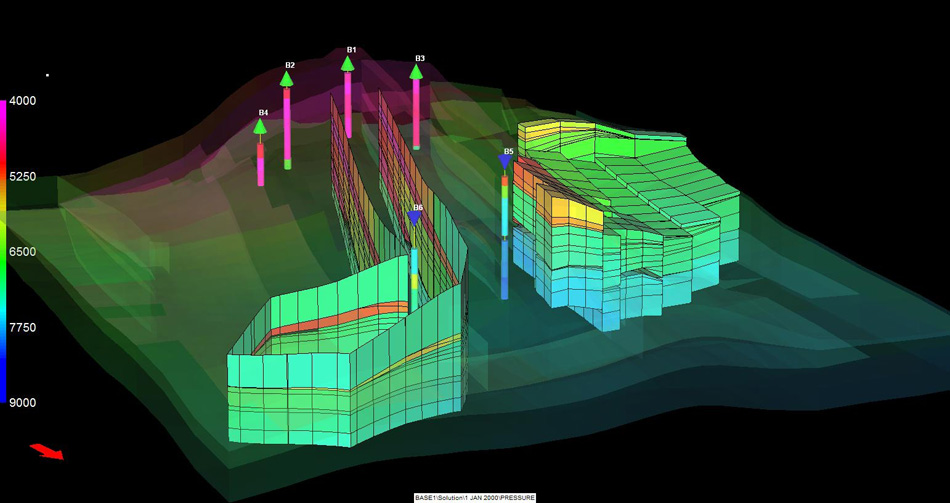
The course is designed to give an introduction to the fundamental and practical aspects of modern reservoir simulation. Particular emphasis is placed upon the available data and its integration into a ...
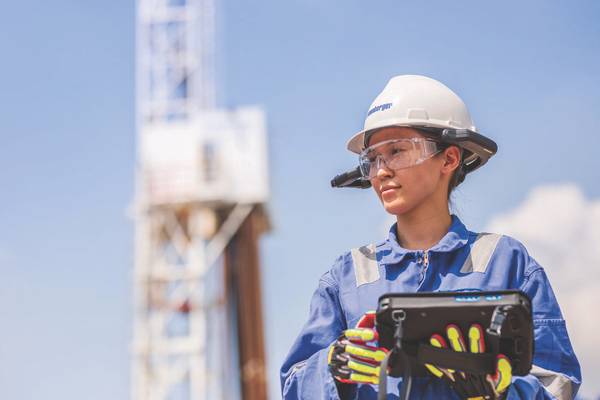
The course emphasizes the practical application of well test theory to the solution of real well testing problems from design through interpretation for oil, gas and water injection wells. Participant ...
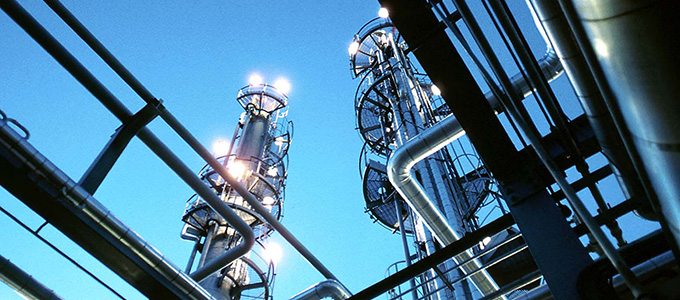
The course examines the standard reservoir engineering processes and techniques, particularly their interface with geoscience activities. It follows, and illustrates with examples, the use of subsurfa ...
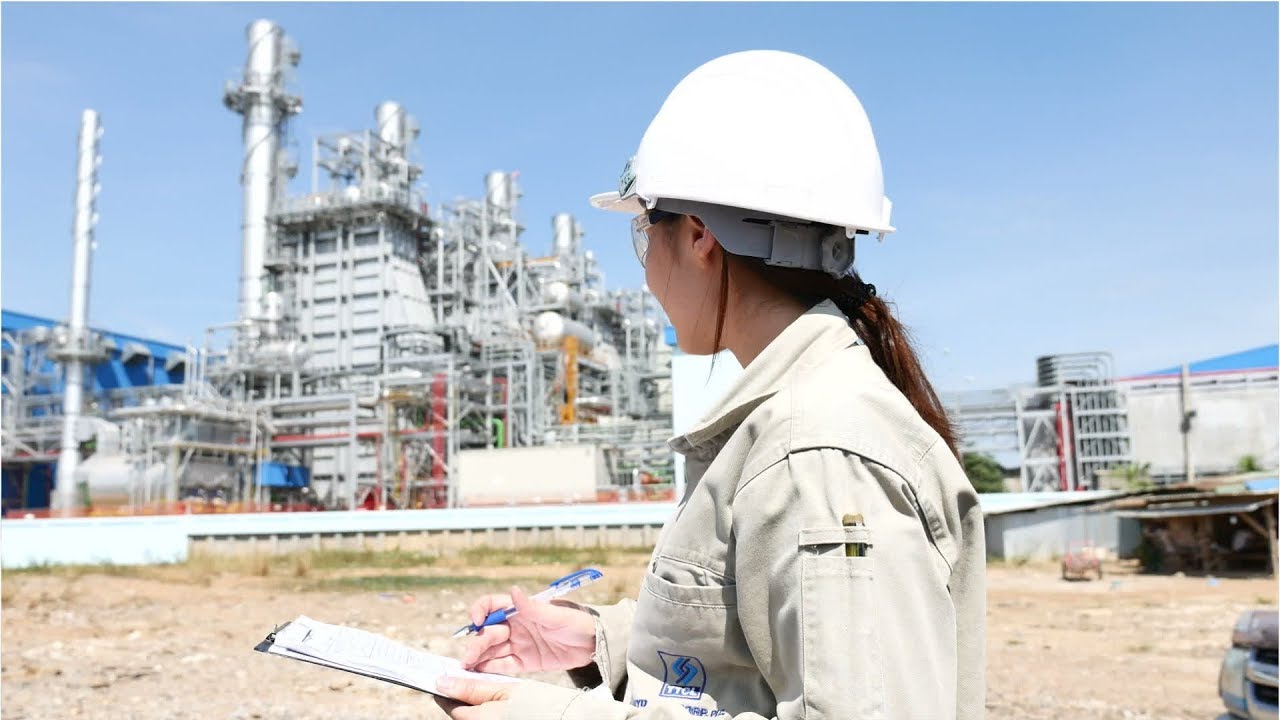
This course will emphasize the concepts that are most important for a reservoir engineer to analyze, understand, describe, and recommend reservoir engineering procedures, including rock and fluid prop ...
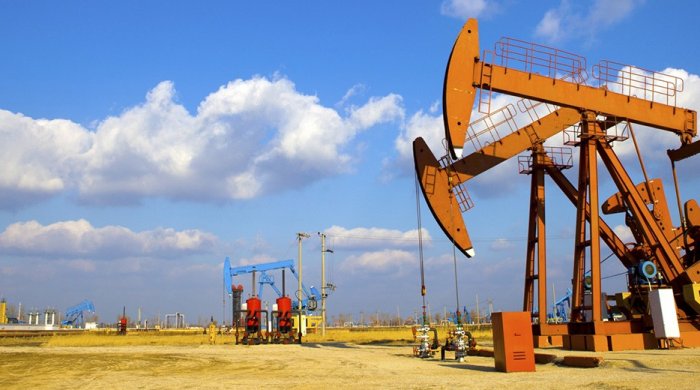
Integrated management examples for new and mature fields and for a water flooding are discussed in a workshop environment. The fundamentals of integrated reservoir management involving objective setti ...
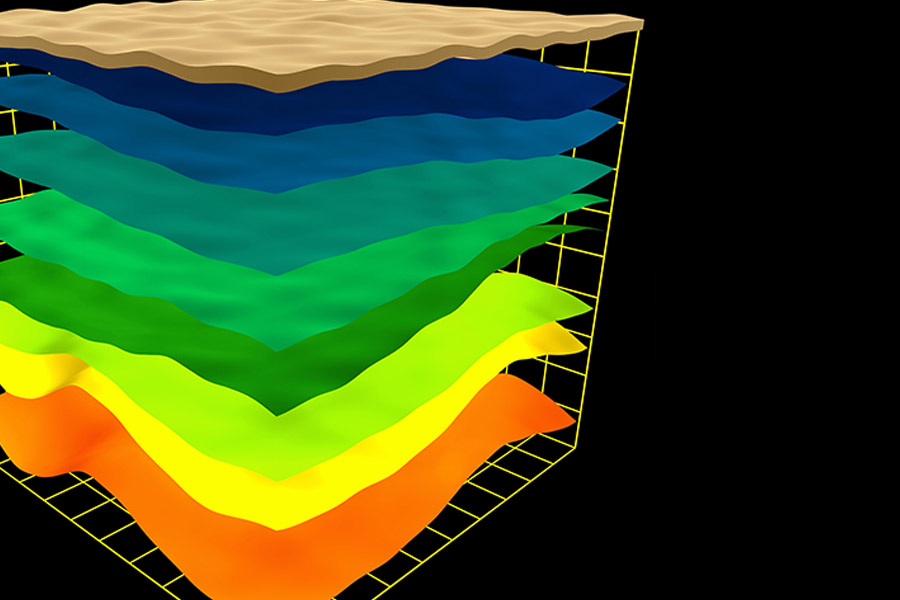
This course will introduce participants to the basics of reservoir engineering. Participants will also learn about fluid and rock properties used in reservoir engineering applications and the fundamen ...
Providing services with a high quality that are satisfying the requirements
Appling the specifications and legalizations to ensure the quality of service.
Best utilization of resources for continually improving the business activities.
BTS keen to selects highly technical instructors based on professional field experience
Since BTS was established, it considered a training partner for world class oil & gas institution
1st floor, Incubator Buildingو Masdar City, Abu Dhabi, UAE
Sun to Fri 09:00 AM to 06:00 PM
Contact Us anytime!
Request Info